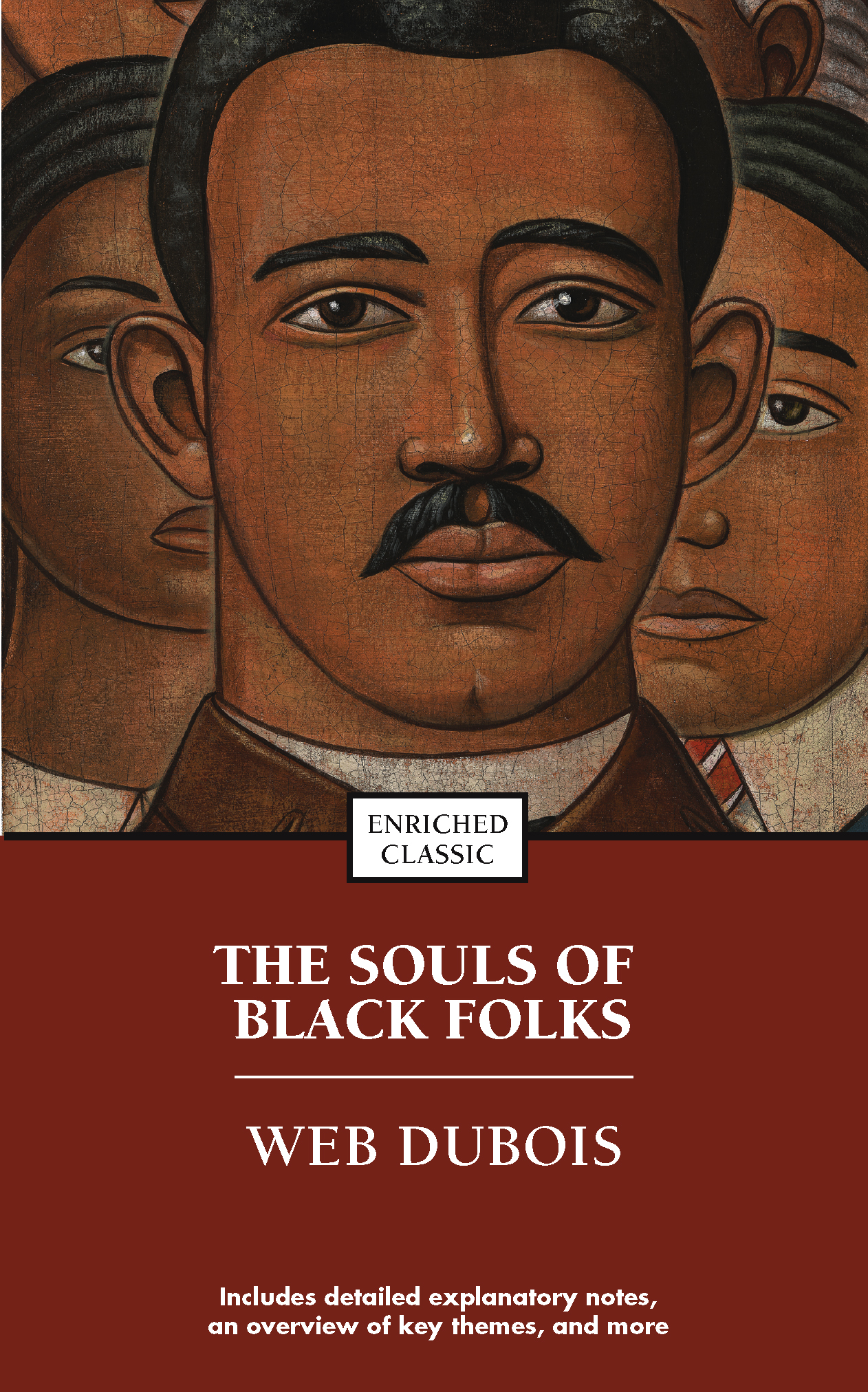
Time Come tells us what else he was doing, through reviews, interviews, essays, features, speeches, lectures, blog posts and obituaries. In 1980, he appeared on the Old Grey Whistle Test, reciting – in his commanding, melodic drawl – perhaps his most well-known poem: “Inglan is a bitch / dere’s no escapin it.” His language had an inherent musicality and would be set to music on LPs like Forces of Victory and Bass Culture. He was like a one-man Greek chorus to his generation’s political struggles, providing an unsparing and sensuous account of British-Caribbean life. Johnson is best known for his verse from the 70s and 80s, which gave form to the lifeworlds of Britain’s black migrants and their children, the uprisings and depressions, using a distinctly Jamaican idiom.

Together with the influence of reggae, particularly the improvisatory patter of Jamaican DJs, these moved him to write poetry. So joining the Panthers was about survival, but it also served him in other ways: it was through their library that he discovered gems of black literature like WEB Du Bois’s The Souls of Black Folk. He arrived 11 years later in an unforgiving London – a city of racists and menacing agents of the state. Neither of his parents was fully literate. He was like a one-man Greek chorus to his generation’s political strugglesīorn in 1952 in rural Jamaica, he grew up a “barefoot peasant boy”. But he was once a young militant trying to survive a hostile environment. He has honorary degrees and awards to his name. LKJ, as he is known, is now recognised as one of the great living poets of the counterculture. It also reminds us of the brutal contingencies of a life like his. This anecdote, buried in this new collection of Johnson’s prose, braids together the themes of the book and even his life: a practised solidarity with his fellow man, the workings of a racist state, and the vitality of the black radical tradition.

It would take more than six months before he was acquitted of the charges of assault levelled against him. But in retaliation the officers arrested Johnson too, throwing him into the back of a police van where they beat him up and racially abused him. He had been in the youth section of the British Black Panthers and knew to write down the name and address of someone in a situation like this, because “the police would often arrest black youths and lock them up in remand centres without informing their next of kin”. Seeing their excessive use of force, his training kicked in. O ne Saturday afternoon in 1972, Linton Kwesi Johnson was walking through Brixton market when he noticed three plainclothes police officers arresting a young man.


 0 kommentar(er)
0 kommentar(er)
